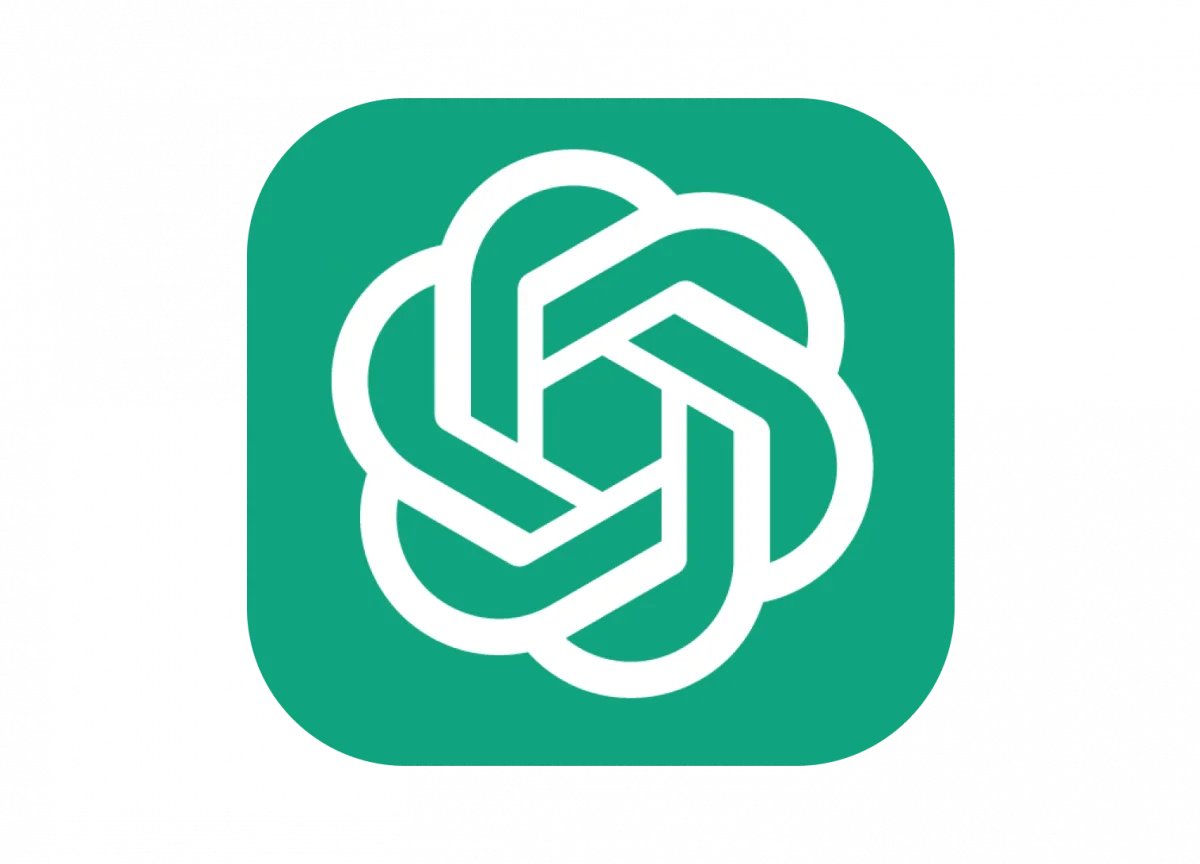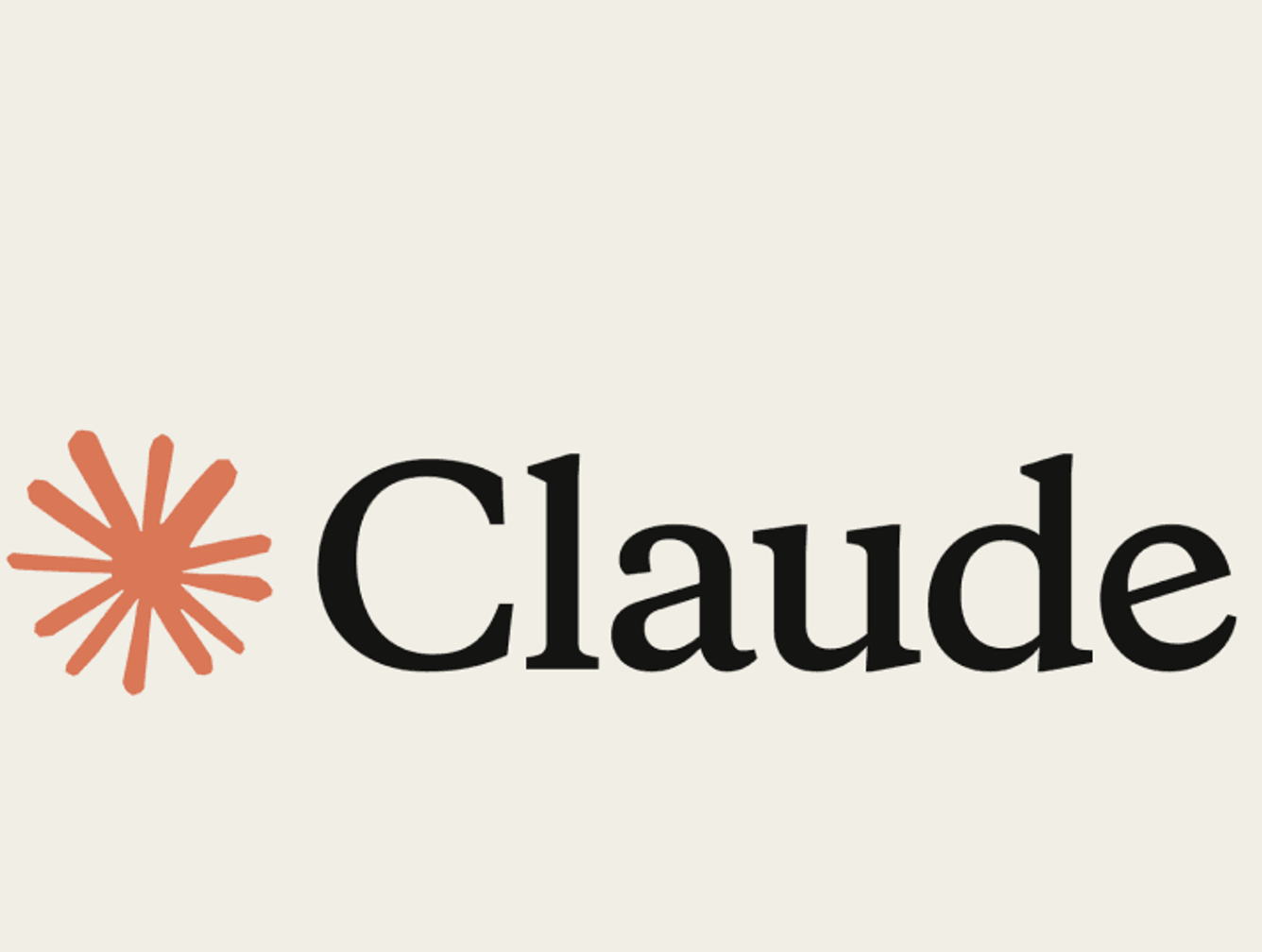What is the Difference Between GPT and Claude?
Artificial Intelligence (AI) has made significant advancements in recent years, with language models like GPT (Generative Pre-trained Transformer) and Claude gaining attention for their ability to generate human-like text. These models have revolutionized various industries, including content creation, customer service, and even creative writing. However, while GPT and Claude share similarities in their underlying technology, there are key differences that set them apart. In this article, we will explore the distinctions between GPT and Claude, their applications, and the implications they have for the future of AI.
Why & When You Should Use Claude 3 Over ChatGPT
Understanding GPT


GPT, developed by OpenAI, is a state-of-the-art language model that uses deep learning techniques to generate coherent and contextually relevant text. It is trained on a massive amount of data from the internet, allowing it to learn patterns, grammar, and even nuances of human language. GPT is based on the Transformer architecture, which enables it to process and generate text in parallel, making it highly efficient.
One of the key features of GPT is its ability to generate text that is indistinguishable from human-written content. It can produce coherent paragraphs, answer questions, and even engage in conversations. GPT has been widely used in various applications, such as chatbots, content generation, and language translation.
Introducing Claude


Claude, on the other hand, is a language model developed by a team of researchers at a leading university. While it shares similarities with GPT, Claude has a unique approach to text generation. Instead of relying solely on pre-training, Claude combines pre-training with fine-tuning on specific tasks to achieve better performance.
Unlike GPT, which is trained on a diverse range of internet data, Claude is trained on a more curated dataset that is specific to the desired application. This allows Claude to specialize in certain domains or industries, making it more suitable for niche applications. For example, Claude can be fine-tuned on medical literature to generate accurate and contextually relevant medical reports.
Comparing GPT and Claude


While both GPT and Claude are powerful language models, there are several key differences that set them apart:
Training Data
- GPT is trained on a vast amount of diverse internet data, allowing it to generate text on a wide range of topics.
- Claude, on the other hand, is trained on a more focused dataset, making it more suitable for specific domains or industries.
Performance
- GPT performs exceptionally well in generating coherent and contextually relevant text. It can handle a wide range of prompts and produce human-like responses.
- Claude, with its fine-tuning approach, can achieve better performance in specific domains. It can generate more accurate and specialized text for niche applications.
Flexibility
- GPT is highly flexible and can generate text on various topics. It can adapt to different prompts and generate creative responses.
- Claude, due to its fine-tuning approach, is less flexible but excels in specific domains. It can provide more accurate and domain-specific information.
Applications
- GPT has found applications in content generation, chatbots, language translation, and even creative writing.
- Claude is more suitable for niche applications, such as generating medical reports, legal documents, or technical manuals.
The Future of AI Language Models
Both GPT and Claude represent significant advancements in AI language models. They have the potential to transform various industries and improve efficiency in tasks that involve generating text. However, there are still challenges to overcome.
One of the main concerns with language models like GPT and Claude is their potential to generate misleading or biased information. Since these models learn from the internet, they can inadvertently pick up biases present in the data. Efforts are being made to address this issue by fine-tuning the models on more diverse and unbiased datasets.
Another challenge is the computational resources required to train and deploy these models. Training large language models like GPT and Claude can be computationally expensive and energy-intensive. Researchers are exploring ways to make these models more efficient and environmentally friendly.
Despite these challenges, the future of AI language models looks promising. As technology advances, we can expect more sophisticated models that are even better at understanding and generating human-like text. These models will continue to find applications in various industries, improving productivity and enhancing user experiences.
Summary
In summary, GPT and Claude are both powerful language models that have revolutionized the field of AI. While GPT is trained on a vast amount of diverse internet data and excels in generating coherent and contextually relevant text, Claude takes a more focused approach by fine-tuning on specific tasks and domains. This allows Claude to specialize in niche applications, providing more accurate and domain-specific information. Both models have their strengths and applications, and the future of AI language models holds great potential for further advancements and improvements.
People Also Ask
- What are the main differences between GPT and Claude AI models?
Answer: The main difference lies in their creators and training approaches. GPT is developed by OpenAI, focusing on generating human-like text based on large datasets. Claude, from Anthropic, emphasizes safe and ethical AI usage, integrating guardrails to minimize harmful outputs. - Which is more accurate: GPT or Claude?
Answer: Accuracy depends on the use case. GPT-4 is highly versatile and excels in creative and technical tasks, while Claude prioritizes safer responses, reducing the risk of generating inappropriate or harmful content. - How does Claude’s training approach differ from GPT’s?
Answer: Claude is trained with an emphasis on “Constitutional AI,” aiming to align with ethical guidelines and reduce bias. In contrast, GPT is trained on a vast dataset focusing on a broad understanding of language. - Can Claude outperform GPT in specific tasks?
Answer: Yes, in scenarios requiring safer or more ethically guided responses, Claude might have an edge. However, GPT-4 may perform better in generating complex, detailed text. - Which AI model should I choose: GPT or Claude?
Answer: It depends on your needs. Choose GPT for versatility and complex tasks, while Claude is ideal for applications requiring strong ethical considerations and safety.
Read More
How to Use Member Count Bot on Discord
What is the Difference Between AI and Generative AI?
What is the first step to start SEO?
How to Disable AI on Your Phone
How to Invest in AI’s Next Phase: A Comprehensive Guide
What is Gen AI in layman’s terms?
How to Use AI Bot on Discord Introduction
How to Request to Go Live on TikTok
How to Invite Dyno Bot to Discord
What Does the Green Dot on Snapchat Profiles Mean?
What is the Difference Between GPT and Claude?
Free Ai Tools
WEBP to JPEG – Convert image for free
SEO Word Counter with Character Count
Free Stopwatch and Online Timer Countdown
Blog Title Generator Tool [FREE]
Medihertz free AI Tools
Love Percentage Checker Tool – Check For Free!
Hz Frequency Generator- Free Online Tone Generator
Mental Health Check In Tool [ FREE TEST ]
Best Free Phone Photos Download
Image Converter (Online & Free)